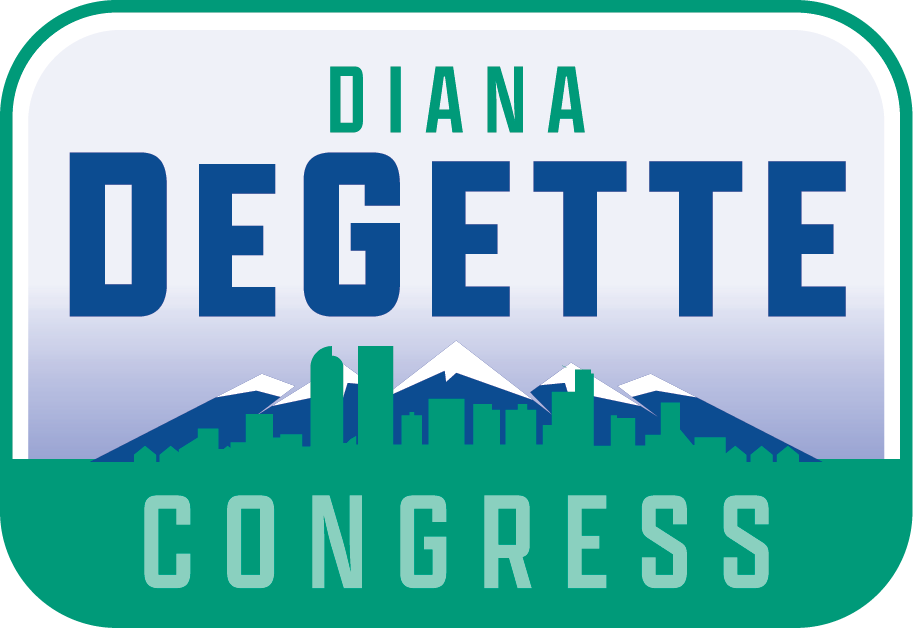South Bend Tribune – Viewpoint: Bipartisan legislation is a cure that’s working
A recent report from the American Cancer Society says the U.S. cancer death rate fell by 2.2% in 2017 alone, the biggest single year drop ever recorded.
Part of this success stems from new immunotherapy treatments and so-called targeted therapies that stop the action of molecules key to cancer growth.
This means that the 21st Century Cures Act is doing its job: accelerating medical innovation and streamlining the advancement of treatment options and products.
This year marks the five-year anniversary of Rep. Fred Upton (R-St. Joseph), a leading member of Republican Main Street Partnership, and Rep. Diana DeGette (D-Colorado) drafting the landmark piece of legislation in the House of Representatives. At a time where party lines are continually drawn and gridlock on Capitol Hill seems to be the norm, Upton and DeGette’s 21st Century Cures Act remains a beacon of bipartisanship. Rep. Upton and then-Vice President Joe Biden worked hand in glove on getting this to President Barack Obama’s desk, and 170 Republicans and 174 Democrats in the House voted to pass this bill; with broad support from the majority of Republican Main Street Partnership.
The Cures Act is a historic piece of legislation because of how comprehensively it addresses the multi-faceted need to revolutionize how we treat a host of health issues. This $6.3 billion package tackles funding for the Cancer Moonshot (accelerating the fight against cancer), the opioid epidemic, mental health treatments, and even maternal health programs — all without adding to the national debt.
However, the key hallmark of 21st Century Cures is its focus on bringing lifesaving drugs and medical devices to market for public consumption. The new law established two new programs, the Regenerative Medicine Advanced Therapy Designation and Breakthrough Devices Program, designed to expedite the development and approval of vital medical solutions.
Since signed into law in December 2016, the Cures Act is already visibly working. The Food and Drug Administration recently announced that over 1,600 new drugs have been approved since January 2017, about a third more than it did in the last two years of the Obama administration.
The aforementioned Cancer Moonshot has also been critical in pairing the National Institute of Health with 11 leading biopharmaceutical companies to push immunotherapy, an element linked to the recent drop in cancer deaths, forward as well.
21st Century Cures has accomplished so much in just three short years, but Reps. Fred Upton and Diana DeGette are already looking to take its impact further with the recently announced “Cures 2.0.”
“We are so proud of what the first effort of 21st Century Cures has been able to achieve in such a short amount of time, but one thing we have heard from listening to folks across the nation is that we need to do more to promote access to these lifesaving cures,” Upton and DeGette said in a joint press statement. “There are still too many patients without a treatment, and we need to do everything we can to help them now.”
Upton and DeGette just wrapped up another “Call to Action,” requesting feedback from patients and families about the health concerns Cures 2.0 should address. However, the pair have already mapped a modernized approach for Cures 2.0 that includes utilization of digital health services, streamlining how new medicine is covered, harnessing the vast amount of health data that already exists to empower patients, and supporting caregivers to maximize their capacity to care for loved ones and family.
With the success of the 21st Century Cures Act and the promise of a Cures 2.0, declining cancer rates could become a trend, not an anomaly, before we know it.
—
Sarah Chamberlain is president and CEO of the Republican Main Street Partnership.
